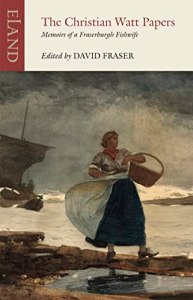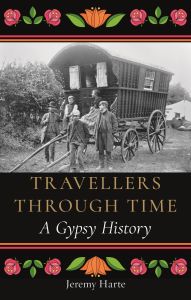4.5 out of 5 stars
The publisher provided a copy of this, free of charge, in return for an honest review.
What we are doing to the planet has been well documented elsewhere by numerous scientists and authors. They and others are battling against vast corporations and sympathetic governments who have a vested interest in keeping us using fossil fuels. Sadly, the disinformation campaign is working, in that the urgency to do something about the problem is diluted. As the erratic weather starts to impact more and more people’s lives, then tougher questions are starting to be asked of our politicians.
One of the effects of climate change is rising sea levels. A lot of it will come from melting glaciers, but water when it is warmer will expand adding to the issue. These changes will affect millions of people around the planet. Rees wants to visit some of the places where populations are most at risk from the rising waters and also to discover the locations of past flood myths and see for himself the now sunken landscapes.
It is a journey that will take him to New Orleans to witness for himself the wreckage that Hurricane Katrina left behind. He visits Italy to scuba dive over a live caldera (!!!) and to view the Roman remains. But he doesn’t also visit real places, this is a symbolic journey, so Atlantis is visited through the mythological landscapes too.
To remind us that this is not a problem that is going to affect sun-drenched islands in the Pacific, he heads to Dungeness close to where he lives to see the stumps of fossilised trees that were submerged 3500 years ago. It is called Noah’s Wood as people once thought that it was inundated in the biblical flood.
It is a stark reminder that we are an island nation and that we will be affected by these changes too.
I haven’t read many of Rees’ books, though I do have all of them. One of them, Unofficial Britain, was my book of the year in 2020. This is an equally engaging travelogue. He has researched his subjects well and he has a keen eye for detail, something no doubt from his psychogeography experiences, where the tiny details do matter.
But this is a book about the future; a future that is rising sea levels, extreme weather events and land lost to erosion and storm surges. It is a future that worries Rees and to be perfectly frank, worries me to. Well worth reading and I can highly recommend it.
















Recent Comments